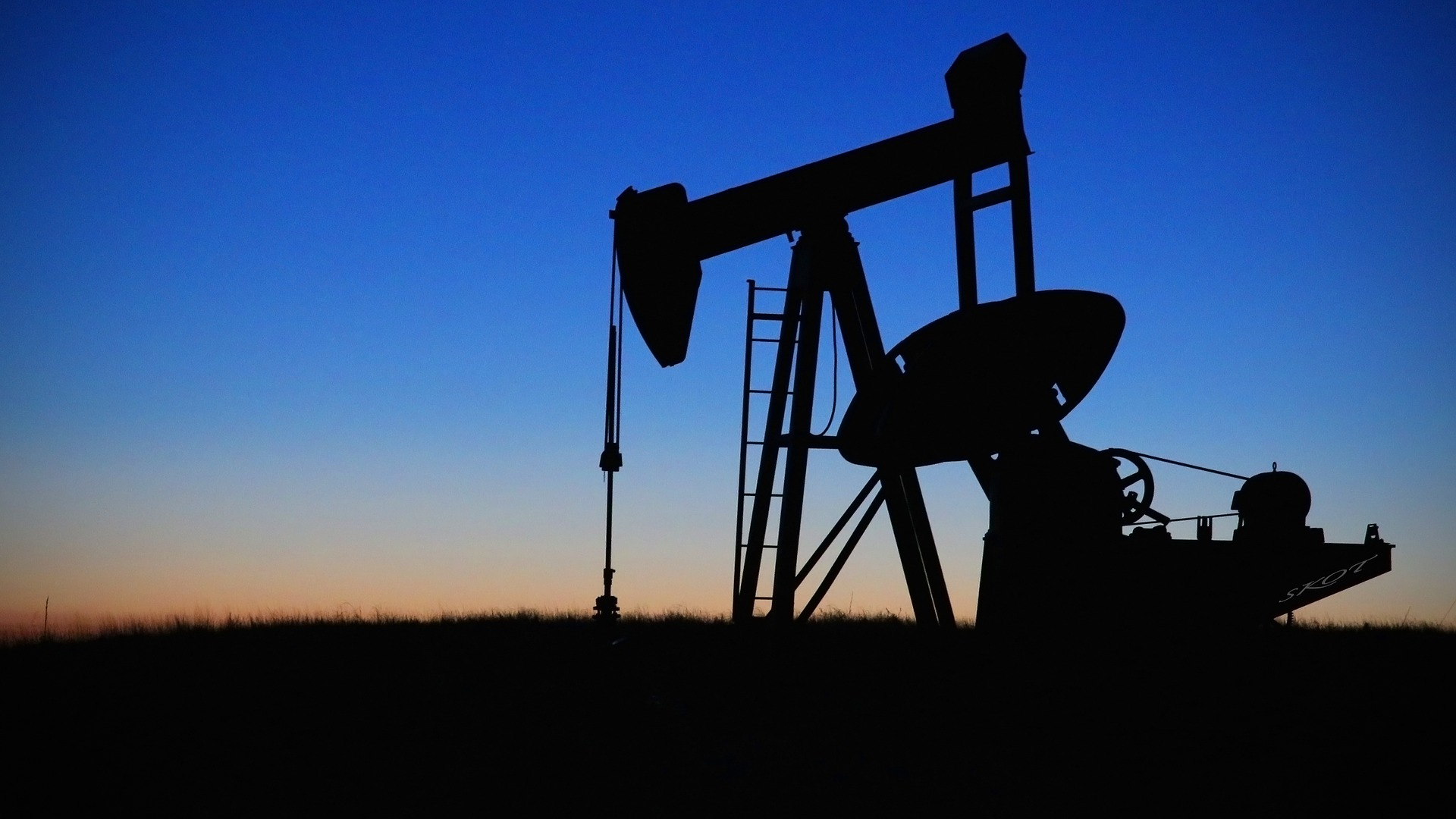The COVID-19 pandemic has had a severe impact on the oil economy, impacting Alberta’s workforce.
As oil prices plummet, with a few markets dropping into a negative price range, some are calling for the federal government to take action.
Among them is South Okanagan West Kootenay MP Richard Cannings.
“Alberta is hurting, and what’s the best way to help the Alberta economy? It’s not to try to prop up the oil industry and help them build more projects that are doomed to fail in the next 20 years, if not before.” Cannings told MyKootenayNow.com.
He estimates 5,200 oil sector jobs will be maintained in Alberta alone, in lieu of the federal government’s recent $1.7 billion orphan well clean-up initiative.
Cannings said he and Edmonton Strathcona MP Heather McPherson proposed the idea to the Natural Resources Minister, Seamus O’Regan, in late March.
For Cannings, it’s short term solutions like these that keep Canadians working during a crisis.
The timely initiative was announced three days before West Texas Intermediate crude oil dropped below $37 for the first time on April 20, 2020.
“Please don’t just throw money at big oil corporations. Don’t buy their stocks and give them that liquidity,” Cannings added. “All that money, historically has shown, it just tends to go to shareholders, goes to CEO bonuses and it doesn’t really provide any work security for the workers.”
Cannings pointed to the orphan well clean-up initiative as a prime source of employment for people who already have experience in the oil sector.
The initiative will span through Saskatchewan, Alberta and British Columbia. However, it is only a fraction of work that needs to be done.
Cannings said some estimates range above $70 billion dollars to fully fund the Alberta-based Orphan Well Association, and all the clean-up efforts from coast to coast.
When it comes to long term solutions, Cannings said he would like to see Canada invest in new technologies and infrastructure projects.
“Now is the time to make those investments so that we know those people will have good paying jobs in the future. The way to do that is to look where the puck is going. There will be oil that we need for 2030, 2040… but somewhere down that line, maybe in eight years, maybe in ten or twenty years, we’re going to be having to do something completely different.”




